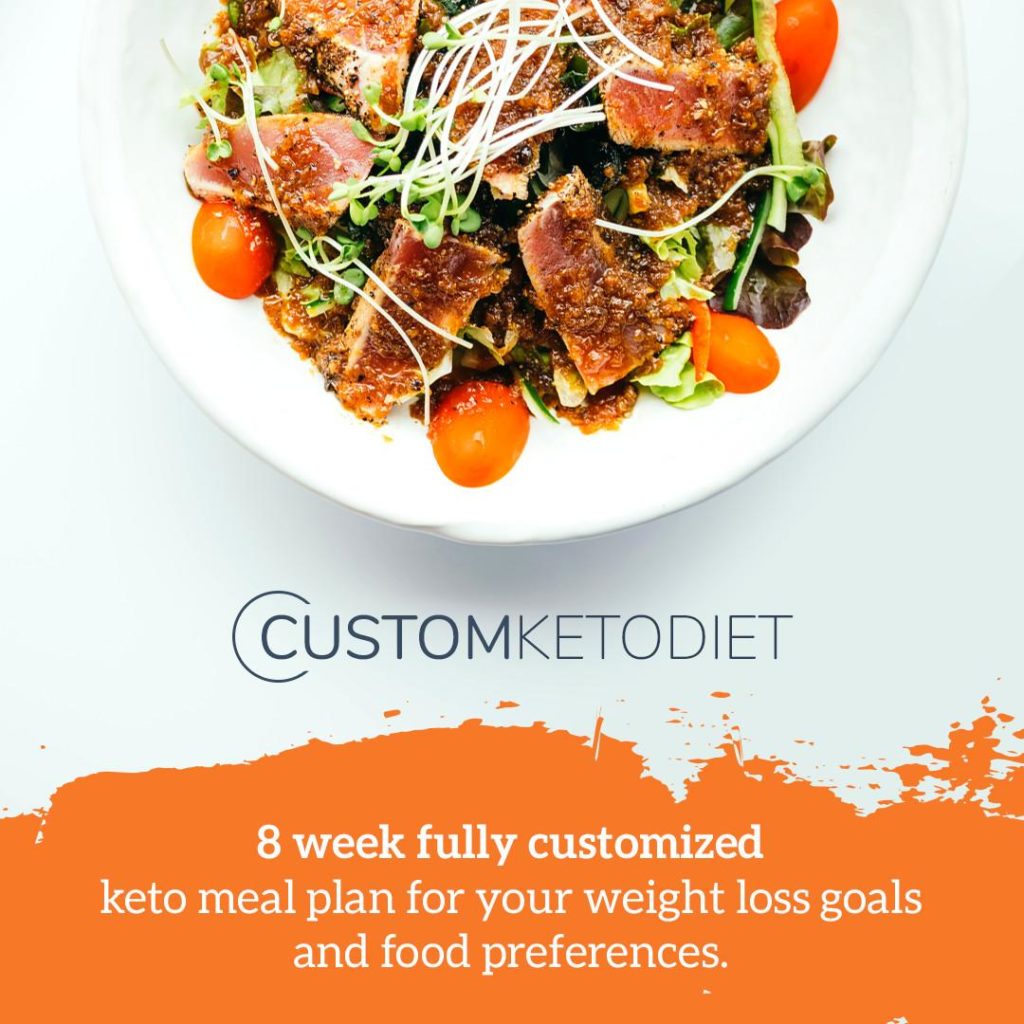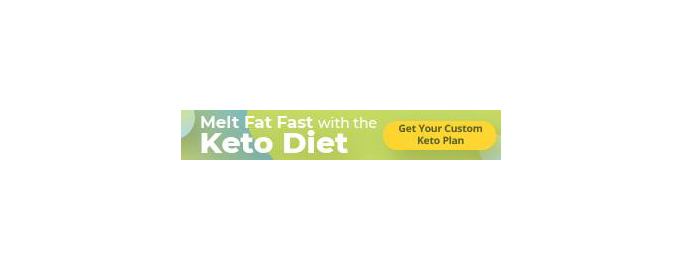The ketogenic diet, or keto for short, is a popular low-carb, high-fat diet that has been shown to have numerous health benefits, including weight loss, improved blood sugar control, and enhanced mental clarity. However, transitioning to a keto diet can be challenging, especially for beginners who may not know where to start. Here are five keto tips for beginners that will help you stick with it and achieve your health goals:
- Plan your meals in advance: One of the biggest challenges of the keto diet is finding suitable meals and snacks that are low in carbohydrates and high in healthy fats. Planning your meals in advance can help you stay on track and avoid the temptation of high-carb foods. Start by creating a meal plan for the week, including breakfast, lunch, dinner, and snacks. You can find many keto-friendly recipes online or in cookbooks. Make a shopping list and purchase all the ingredients you need to prepare your meals. Having a plan in place will also help you save time and money.
- Track your macros: To achieve and maintain ketosis, you need to consume a specific ratio of macronutrients – fat, protein, and carbohydrates. Typically, the keto diet consists of 70-80% fat, 20-25% protein, and 5-10% carbohydrates. To ensure you’re staying within this range, it’s essential to track your macros using a food tracking app or website. This will help you stay accountable and adjust your meals if needed. Tracking your macros can also help you identify areas where you might be consuming too many carbs or not enough fat.
- Don’t be afraid of healthy fats: One of the most significant changes in the keto diet is increasing your fat intake. Many people are scared of eating too much fat, fearing it will lead to weight gain or other health problems. However, on the keto diet, fat is your primary energy source, and it’s essential to consume enough of it to achieve and maintain ketosis. Healthy fats include avocado, nuts and seeds, coconut oil, olive oil, and fatty fish. Don’t be afraid to incorporate these healthy fats into your diet to help you feel full and satisfied.
- Stay hydrated: Drinking enough water is critical for overall health and weight loss. On the keto diet, drinking enough water is especially important because you’re likely to lose more water weight due to reduced carbohydrate intake. Aim to drink at least eight glasses of water per day, and more if you’re exercising or in a hot environment. You can also incorporate herbal tea or mineral water to keep your hydration levels up.
- Be patient and don’t give up: Like any dietary change, the keto diet can take time to adjust to, and results may not happen overnight. It’s important to be patient and give your body time to adapt to the new eating style. You may experience some side effects during the first few days or weeks, such as headaches, fatigue, or nausea, but these will subside as your body adjusts to using fat as its primary fuel source. It’s also important not to give up if you slip up or have a cheat meal. Just get back on track with your next meal and continue with your keto journey.

In conclusion, the keto diet can be an effective way to achieve your health and weight loss goals. However, transitioning to a keto lifestyle can be challenging, especially for beginners. By planning your meals in advance, tracking your macros, incorporating healthy fats, staying hydrated, and being patient, you can stick with the keto diet and achieve long-term success. Remember, the keto diet is not a quick fix, but a lifestyle change that can have long-term benefits for your health and wellbeing.
If you’re serious about keto diet and need more guidance click here: https://t.ly/aXsX



